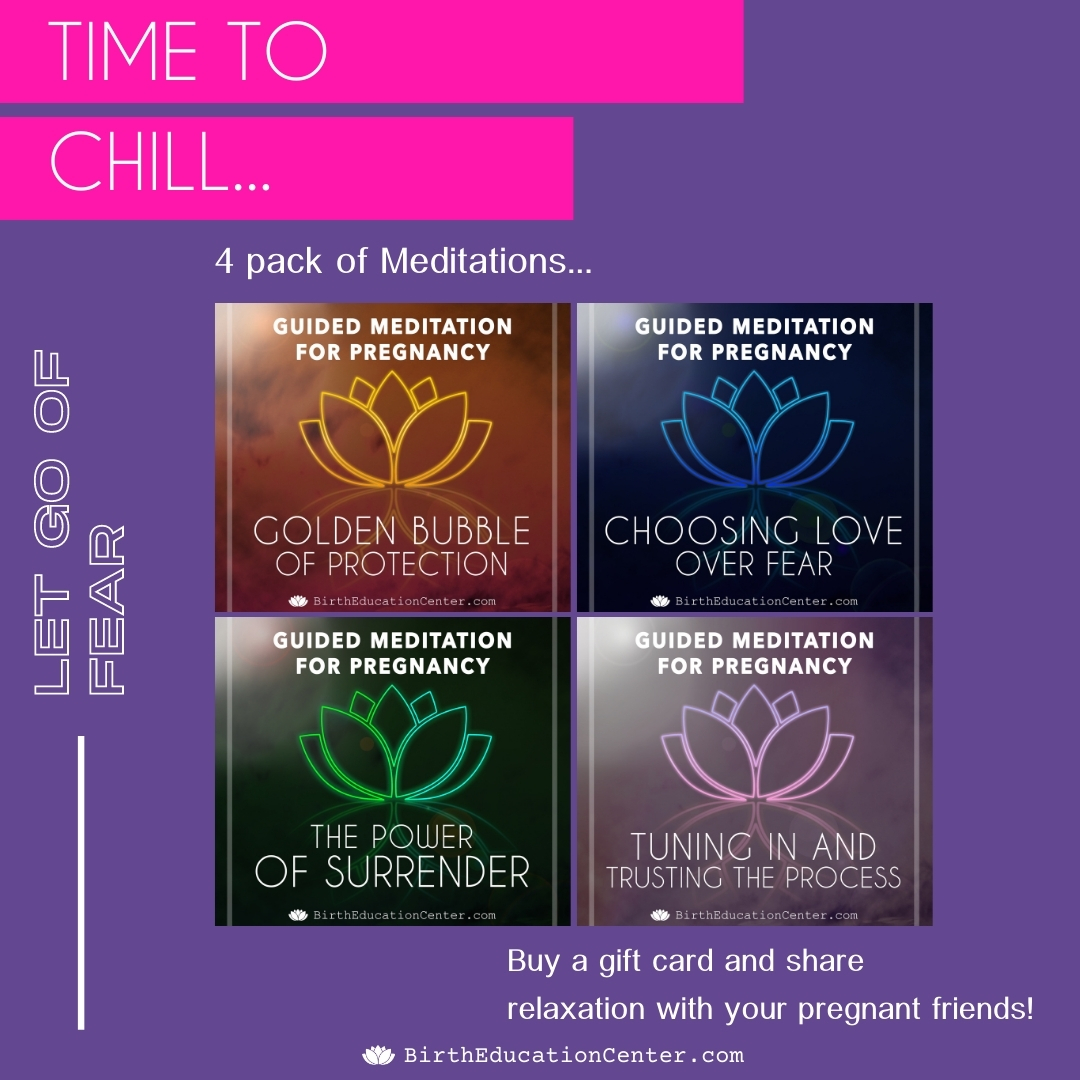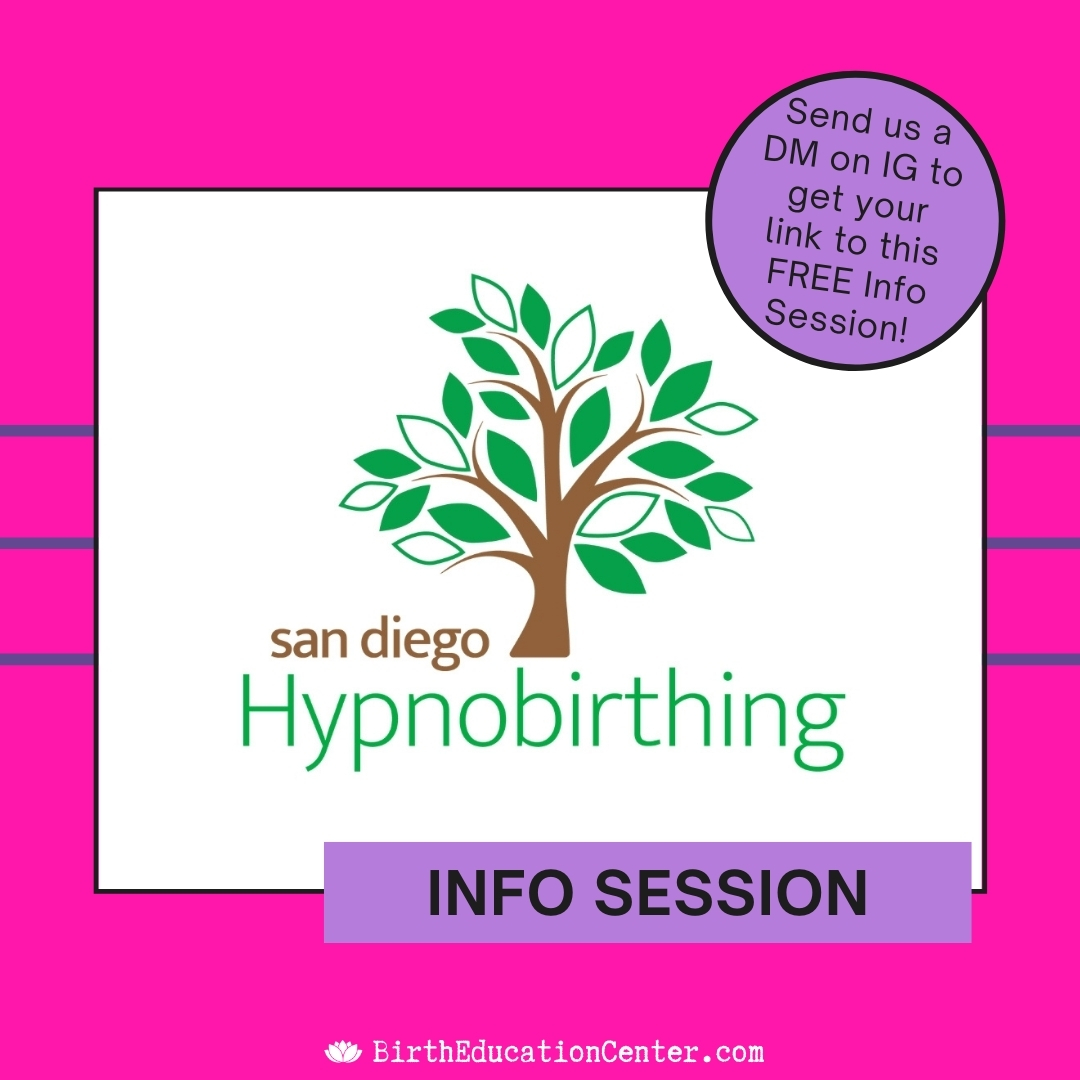What Are the Top Foods for Morning Sickness?
Were you so excited to find out that you’re pregnant until the day you woke up feeling nauseous or having to throw up? And then the same thing happened the next day? And the one after that? All of a sudden being pregnant isn’t fun anymore when you’re feeling this yucky. Unfortunately, morning sickness isn’t limited to the morning hours. It can hit you any time of day, along with some pretty intense food aversions and sensitivity to smells.
In general, morning sickness makes you feel rotten. Since you’re usually already struggling with a lack of energy during the first few weeks and may already be getting extraordinarily tired, the last thing you need is to be further depleted of energy due to lack of appetite. Although most birthing people only experience morning sickness in the earlier weeks of pregnancy (usually from about 9 weeks through mid to late in the second trimester), some continue to have it throughout their pregnancy. Hormone changes in the body are thought to be the underlying culprit of this distressful condition, although this isn’t clear.
There are Different Ways to Alleviate the Nausea
Although there is no surefire cure for morning sickness, there are some foods and home remedies that have proven effective in treating its symptoms. When and what you eat can help you mitigate nausea, so it’s good to plan ahead. Having crackers next to your bed that you can nibble on as soon as you wake up, for example, can help alleviate queasiness first thing in the morning. Some have reported that eating the cracker when they’re still lying down works the best.
How Much Food Per Meal?
Thereafter, eating smaller meals more frequently is a good strategy to keep symptoms at bay. If you can prevent your stomach from ever getting completely empty at any given time, you can better stave off the queasy feelings. This requires eating a little something every 1-2 hours. That may sound like a lot, but remember it only has to be a cracker or two or a few cashews. Another tactic that has proven effective is to avoid eating and drinking at the same time; sipping on clear, cold, carbonated drinks in between meals can do the trick.
What’s in Your Food?
When it comes to foods, keep them simple. Avoid greasy, fatty, sweet, or spicy foods and instead look for things that are high in protein, carbohydrate-heavy, salty, low-fat, bland, and/or dry. These are foods like nuts, crackers, toast, whole wheat bread, pasta, cereal, bananas, and green, leafy vegetables.
You’re probably already familiar with the medicinal benefits of ginger to treat nausea. You can find ginger in many different forms, from teas to chews to capsules, so experiment until you find the one that delivers it in a way that your body responds to well. Certain aromatherapy such as peppermint or lemon can also be helpful. There is also aromatherapy specifically designed for nausea called Aroma Siez which can be very effective.
If it’s Concerning, Talk with Your Doctor or Midwife
If you’ve tried everything and none of these remedies are working for you or you’re suffering more severe symptoms, make an appointment with your care provider as soon as possible. In its most acute form, some experience a condition called hyperemesis gravidarum, a condition that can cause severe dehydration and may require hospitalization and treatment with intravenous (IV) fluids. Signs of hyperemesis gravidarum include not being able to keep food or drink down for more than 12 hours, dehydration (signs of dehydration are dizziness, dark urine, and infrequent urination), or losing 5 pounds or more since becoming pregnant.
To Join Our Mini Workshop OMG!! I’m Pregnant, Click Here
Resources:




